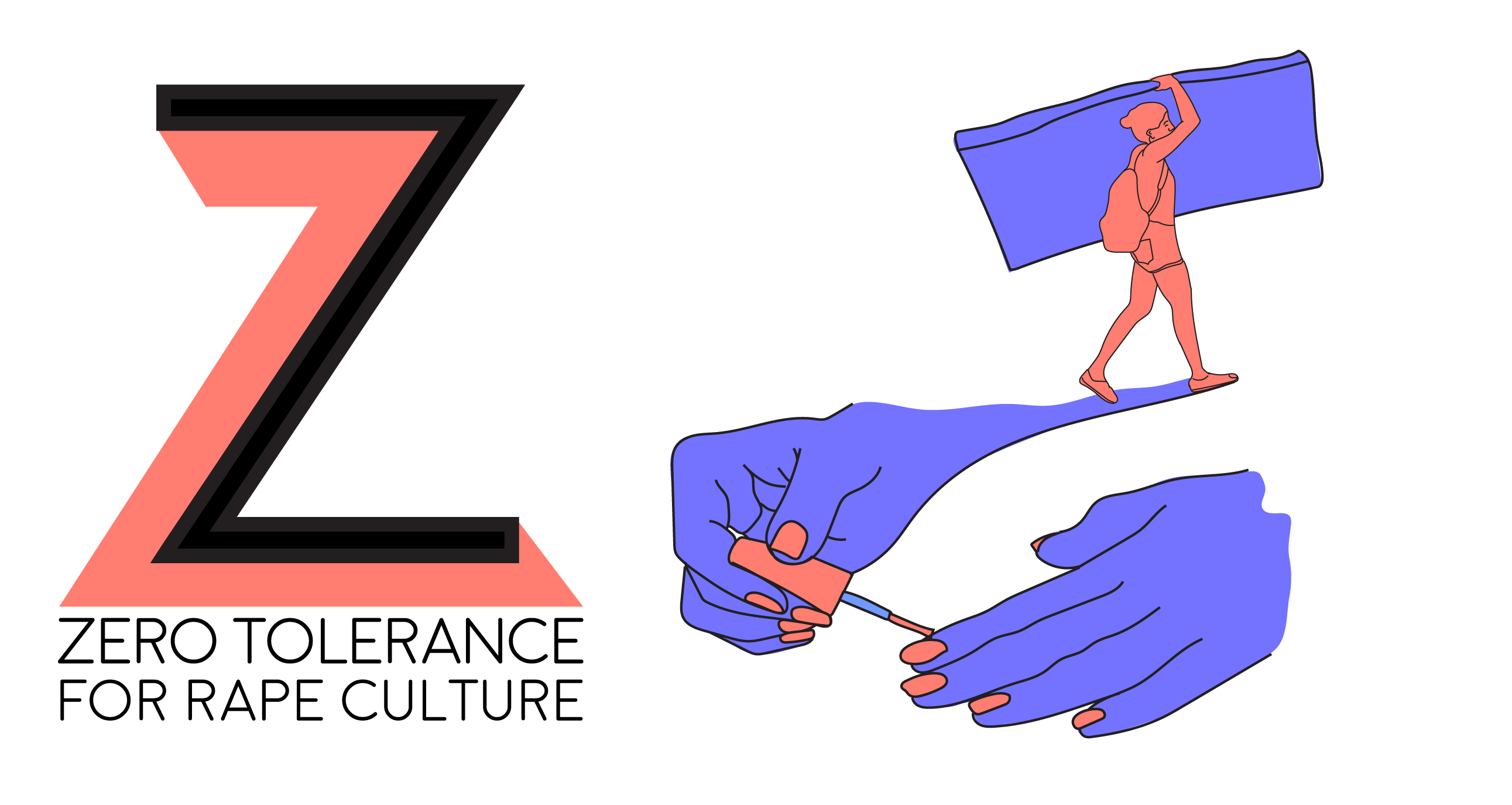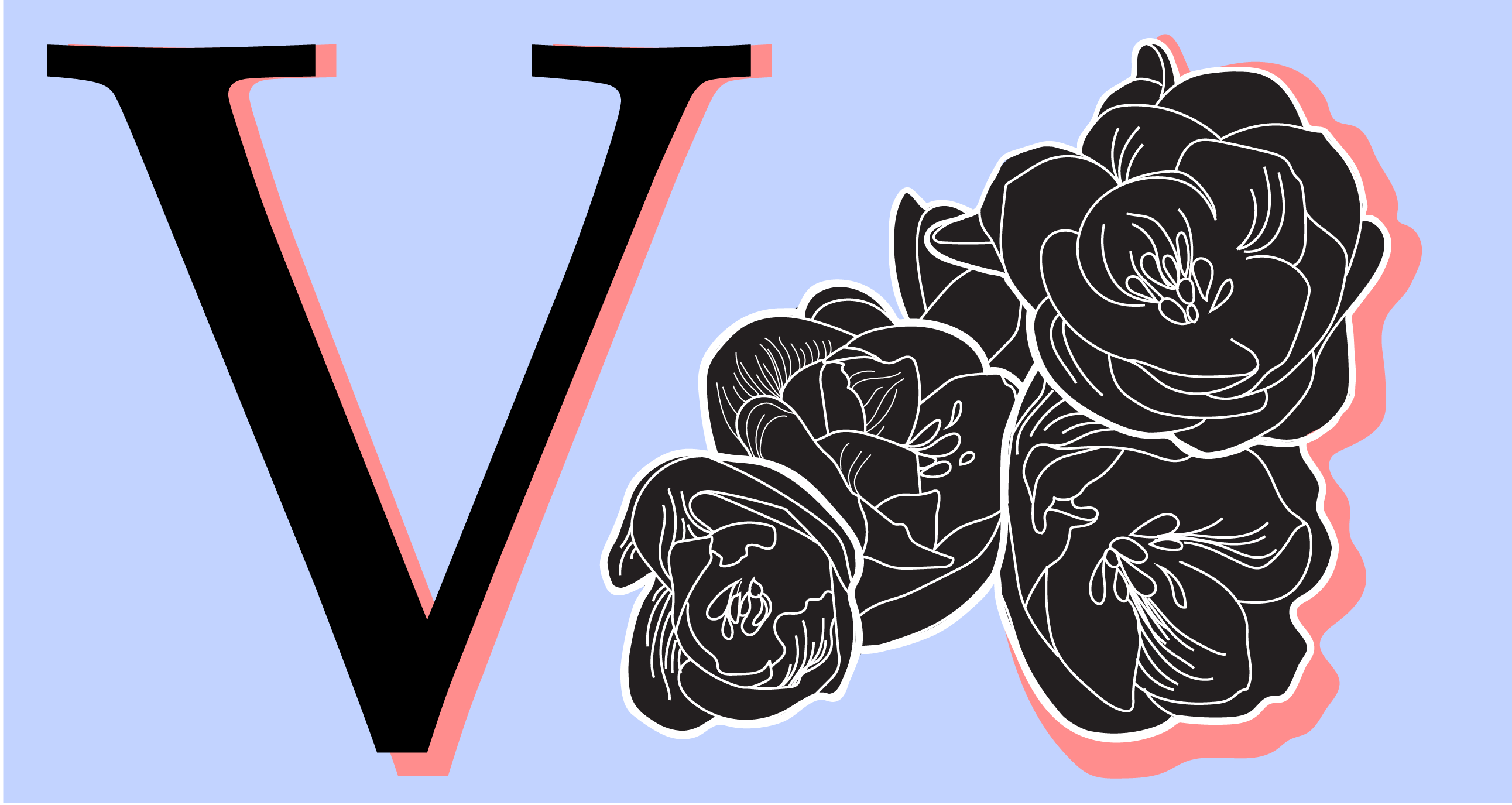J is for Josephine Baker
With the 39th anniversary of her death approaching (April 14, 1975), Josephine Baker remains a prominent presence in women’s history. An actress, dancer, and singer, she also acted as a spy during World War II for the French Resistance.
She was born in St. Louis, Missouri, and grew up babysitting for wealthy white families. She started dancing on street corners at the age of 13 and became a chorus girl for the Dixie Steppers in 1919. She went on to star in various productions, namely Shuffle Along. Despite being told that she was “too thin and too dark” to have the role, she was a huge success and became the highest paid chorus girl.
Despite this initial success, the landscape of American entertainment did not fully embrace Baker, primarily due to her color and her gender.True fame awaited her in Paris, where she became an overnight sensation after her performance at La Revue Negre. Blazing her way through Europe in the 1920’s, Baker captivated the continent with her beauty and sensual dance routines, donning barely-there feather skirts or her infamous banana skirt. These daring ensembles earned her various nicknames such as “the Black Venus,” “the Black Pearl,” and “the Creole Goddess.”
In 1934, she became the first African-American woman to star in a major motion picture, Zouzou, and consequentially, the first to become a world-famous entertainer. By 1927, she was earning more than any other entertainer in Europe.
In 1936, she returned to the United States to perform in the Broadway series, the Ziegfield Follies. This proved disastrous, however, as American audiences weren’t used to an African-American woman in such a powerful and sophisticated role and rejected the idea. The media was equally racist, with the New York Times calling her “a negro wench.” She returned to Europe heartbroken and became a French citizen in 1937.
When World War II broke out, Baker was hired as an “honorable correspondent” by the French military intelligence. As an entertainer, she had an excuse to move around Europe during the conflict, gathering information from the German and English embassies and ministries. These would be written in invisible ink on her music sheets. She was also a sub-lieutenant in the Women’s Auxiliary Air Force.
After the war, Baker returned to the United States to participate in the Civil Rights movement of the fifties. When she arrived in New York, she was refused reservations at 36 different hotels because she was black. She wrote articles about the incident and gave a talk in Tennessee regarding the different perceptions on the races in the United States versus Europe.
She also refused to perform for segregated audiences even when she was offered $10,000 by a club in Miami. This stance allowed her to perform to mixed audiences in Las Vegas, then one of the most segregated cities in America. After this incident, she started to receive death threats from the KKK, but she claimed they did not scare her.
It was also during this time that she began adopting children and formed a family she called “the Rainbow Tribe.” She wanted to prove that “children of different ethnicities and religions could still be brothers.” In total, she raised two daughters and ten sons.
She continued to perform for the rest of her life and died of a cerebral hemorrhage in 1975. More than 20,000 came out to watch her funeral procession in Paris, where the French government honored her with a 21-gun salute.
Thus, in her final sashay, she became the first African-American woman to be buried in France with military honors.




